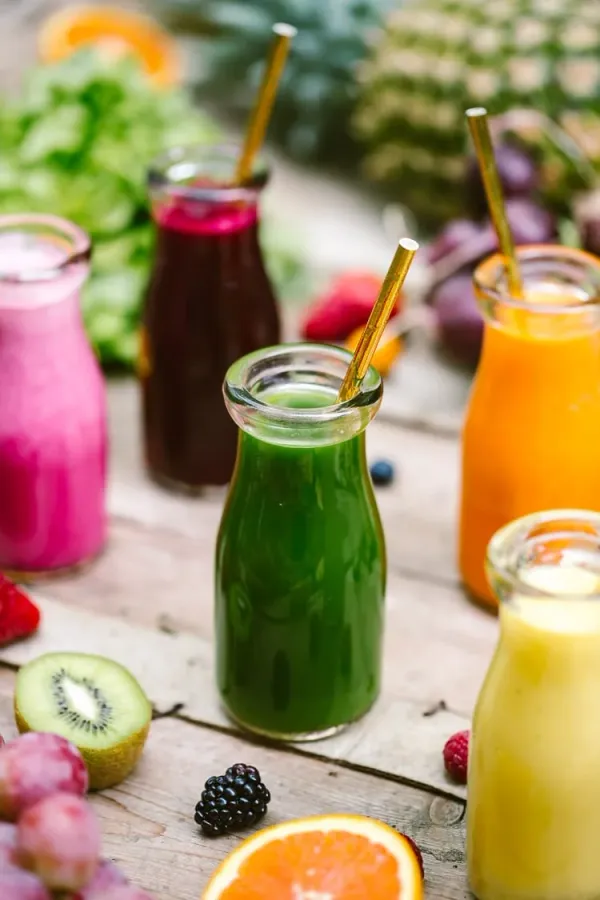Fermented Foods Explained: A Delicious Path to a Healthier Gut & Beyond

Ever heard people rave about kimchi, sauerkraut, or kefir and wondered what the fuss was all about? These aren't just trendy health fads; they're ancient foods with incredible benefits, especially for your gut. In a world increasingly aware of the connection between gut health and overall well-being, fermented foods are stepping into the spotlight as delicious powerhouses.

So, what exactly are these mysterious, tangy delights, and how can they transform your health? Let's dive in!
What Are Fermented Foods, Anyway?
At their core, fermented foods are foods that have undergone a process called lacto-fermentation. This is where beneficial microorganisms, like bacteria and yeasts, convert carbohydrates (sugars) into organic acids, gases, or alcohol. Think of it as a natural preservation method that also happens to create a probiotic-rich environment and often enhances the food's flavor and nutritional profile.

This process isn't new; it's been used for thousands of years across cultures to preserve food before refrigeration, from making bread to cheese, and even some alcoholic beverages. But the real magic lies beyond preservation.
The Gut-Health Connection: Your Second Brain's Best Friend
The star players in fermented foods are probiotics – live microorganisms that, when consumed in adequate amounts, confer a health benefit on the host. Essentially, they're the "good" bacteria that help keep your gut microbiome (the community of trillions of microorganisms living in your intestines) balanced and thriving.
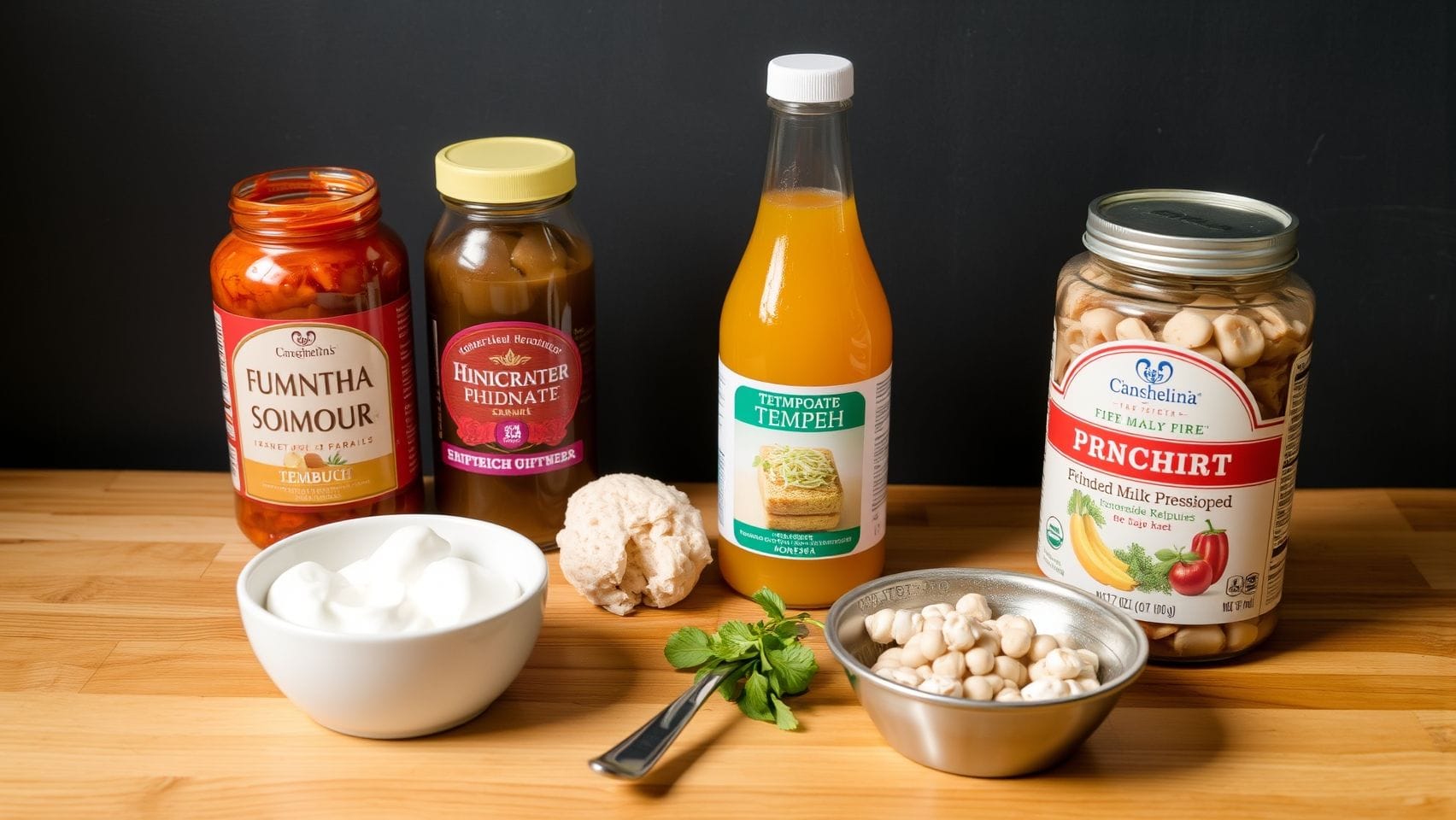
Why is this important? A healthy gut microbiome is crucial for:
- Improved Digestion: Probiotics help break down food, absorb nutrients, and can alleviate common digestive issues like bloating, gas, constipation, and even diarrhea. For instance, if you've ever felt sluggish after a heavy meal, a balanced gut can help your body process it more efficiently.
- Nutrient Absorption: A diverse gut flora can enhance your body's ability to absorb essential vitamins and minerals from the food you eat. Some gut bacteria even produce certain vitamins, like Vitamin K and B vitamins!

Imagine your gut as a bustling garden. When you introduce beneficial probiotics through fermented foods, you're essentially planting more vibrant flowers and helpful insects, crowding out the weeds and pests that can cause trouble.
Beyond the Gut: A Holistic Boost
The benefits of fermented foods extend far beyond just digestion. Because your gut health is intricately linked to almost every other system in your body, nurturing it with probiotics can lead to:
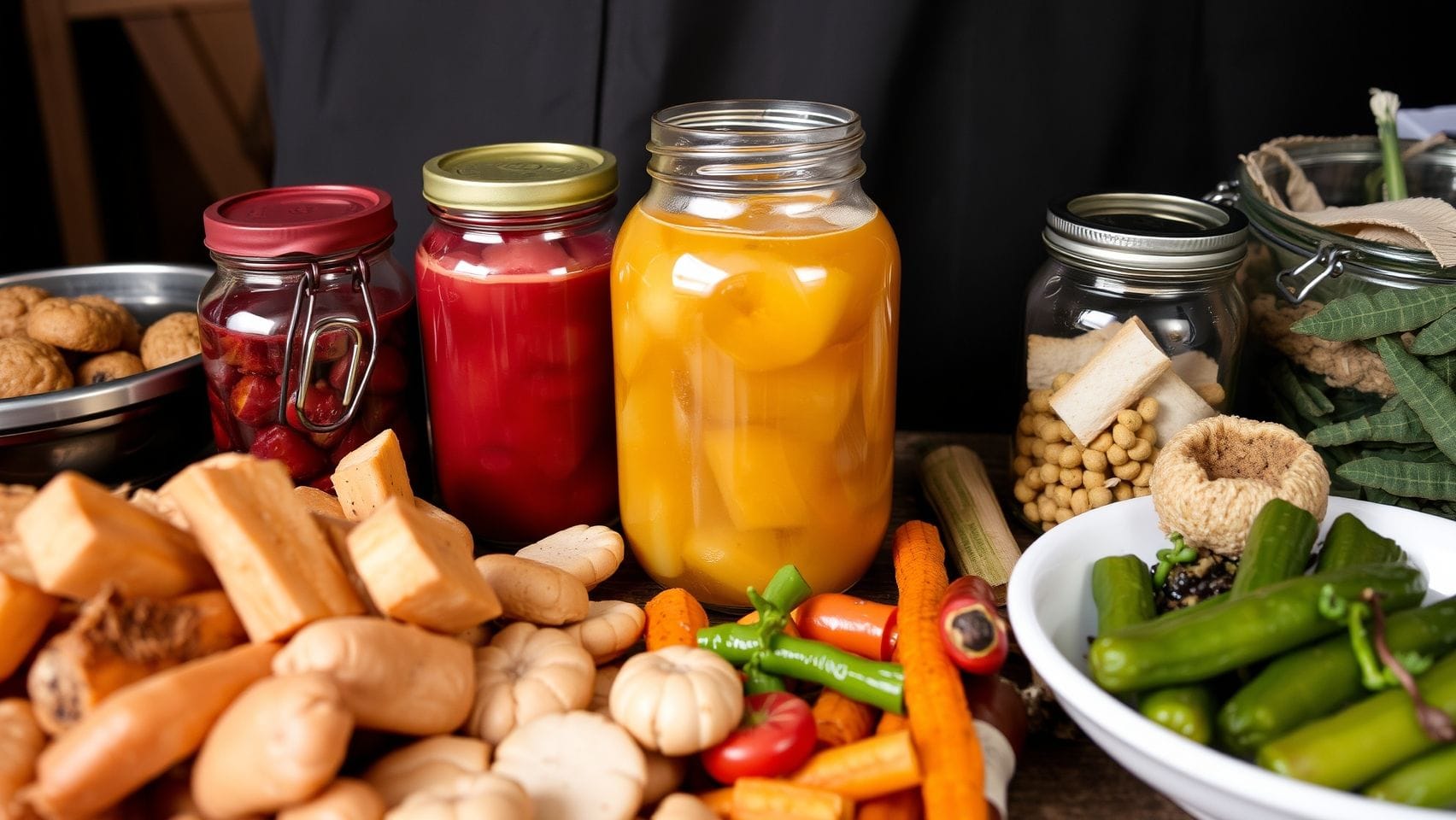
- Stronger Immune System: A significant portion of your immune system resides in your gut. By maintaining a healthy gut lining and a balanced microbiome, fermented foods can help your body better defend against pathogens. Think of it like a stronger fortress wall against invaders.
- Enhanced Mood and Mental Well-being: The gut-brain axis is a hot topic in research. Your gut produces many neurotransmitters, including serotonin (a key mood regulator). A healthy gut can positively influence your mood, reduce stress, and even support cognitive function.
- Reduced Inflammation: Chronic inflammation is linked to many diseases. The compounds produced during fermentation and the presence of healthy gut bacteria can help modulate the body's inflammatory responses.
Stars of the Fermented World: Meet the Delicious Dozen
Ready to try them? Here are some popular and incredibly beneficial fermented foods:
- Kimchi: A Korean staple, this spicy, fermented cabbage (and other vegetables) dish is packed with flavor and probiotics. It's fantastic as a side, in stir-fries, or even with eggs.

- Kefir: A fermented milk drink, often compared to a drinkable yogurt, but with a wider variety of beneficial bacteria and yeasts. It's creamy, tangy, and excellent in smoothies or on its own. If you're dairy-free, water kefir is a great alternative!
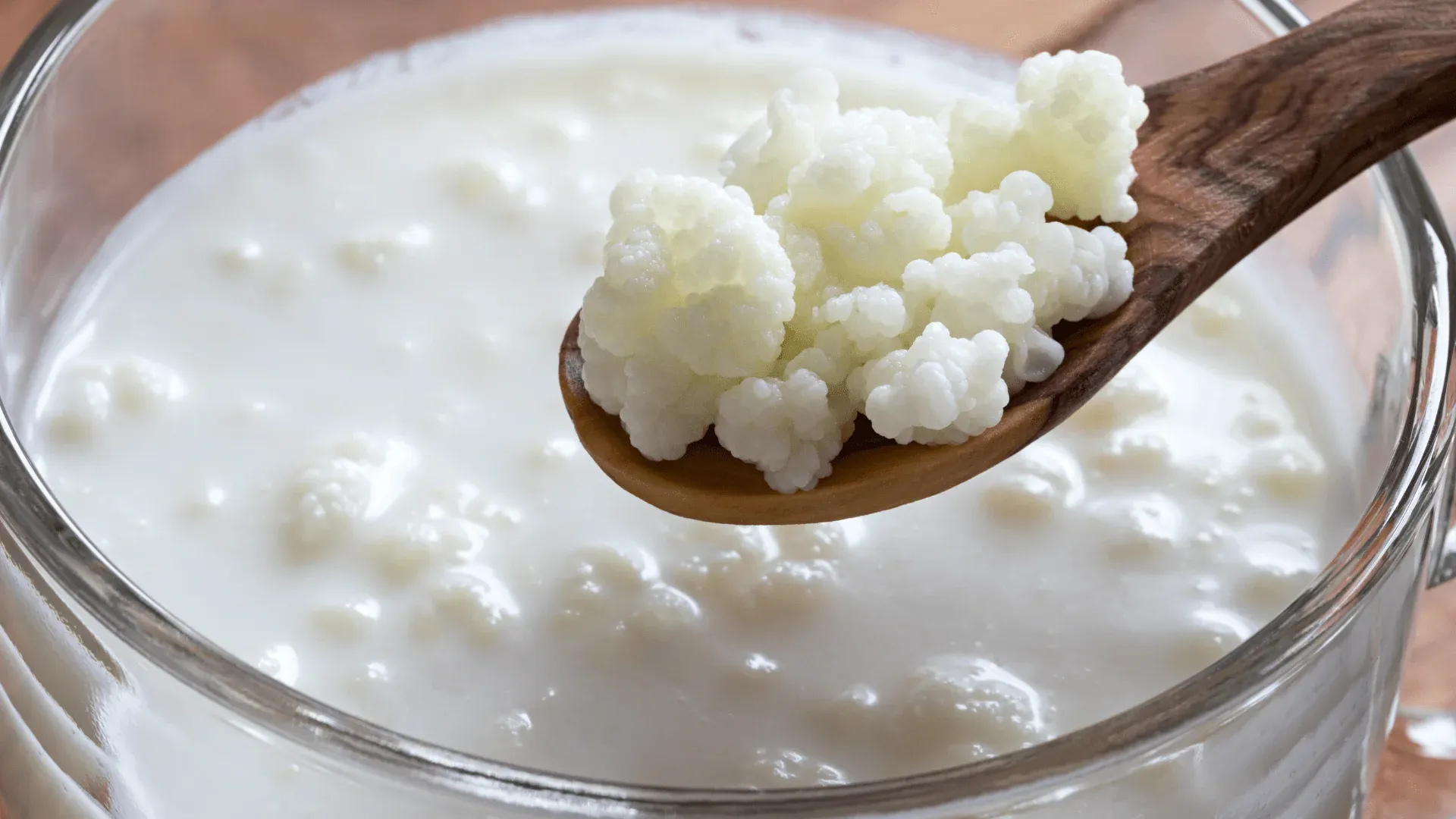
- Sauerkraut: Simply fermented cabbage, this German classic is tangy and crunchy. It's a perfect topping for sausages, sandwiches, or as a side dish. Look for unpasteurized versions to ensure live cultures.
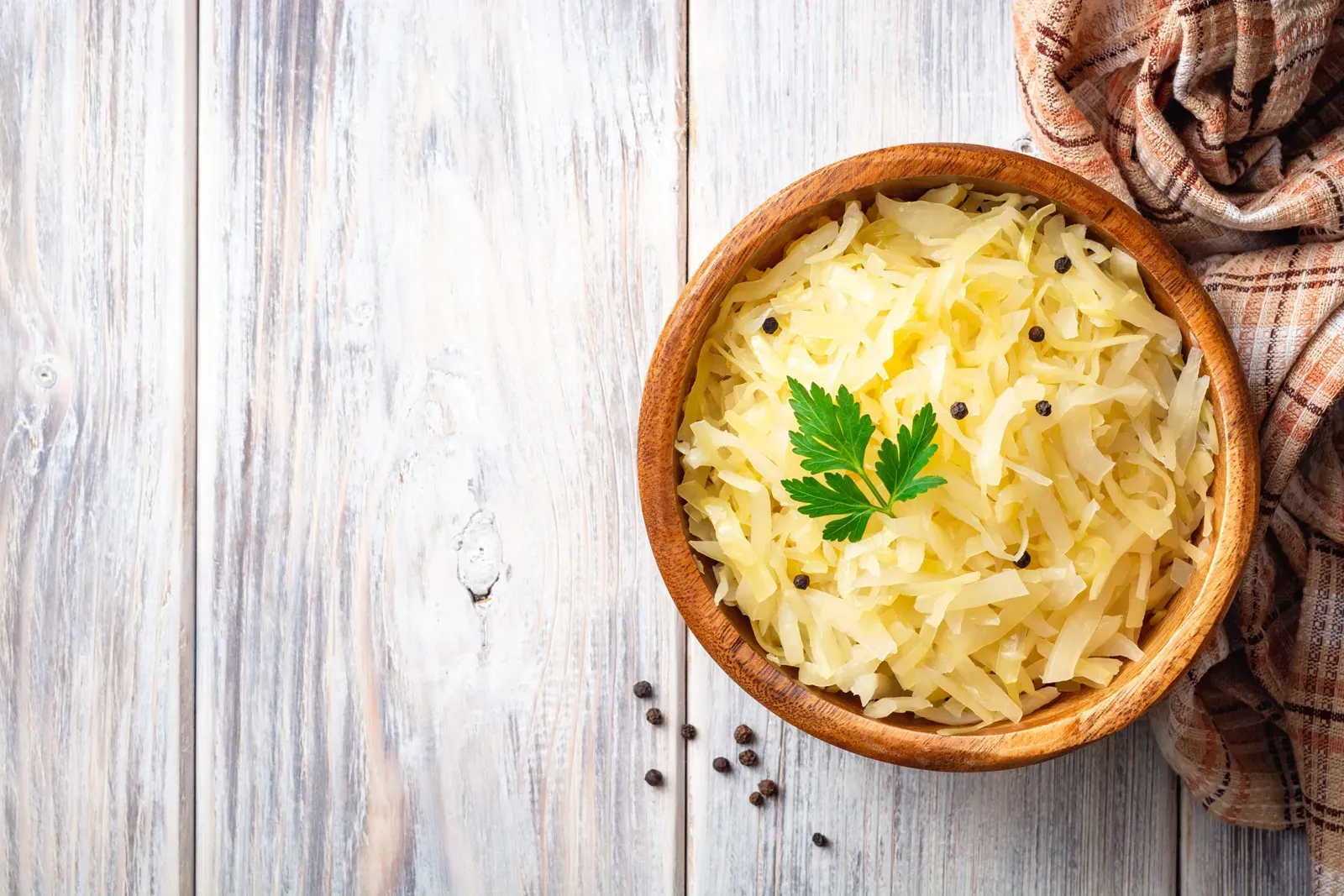
- Yogurt: A widely known fermented dairy product. Opt for plain, unsweetened varieties with "live and active cultures" listed on the label.

- Kombucha: A fizzy, tangy fermented tea that's becoming increasingly popular. It comes in various flavors and is a refreshing alternative to sugary drinks.
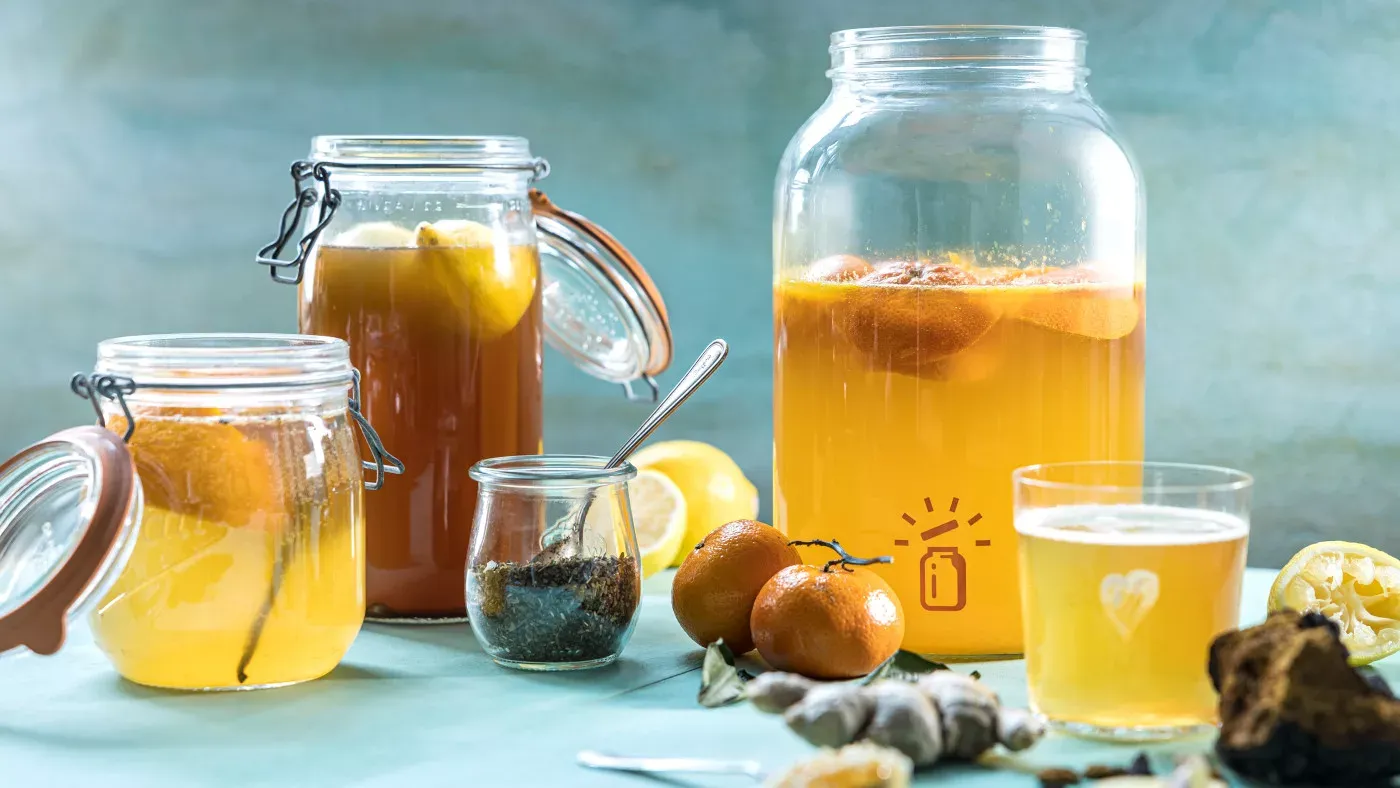
- Tempeh: A fermented soybean product with a firm, nutty texture. It's a great plant-based protein source that absorbs flavors beautifully.
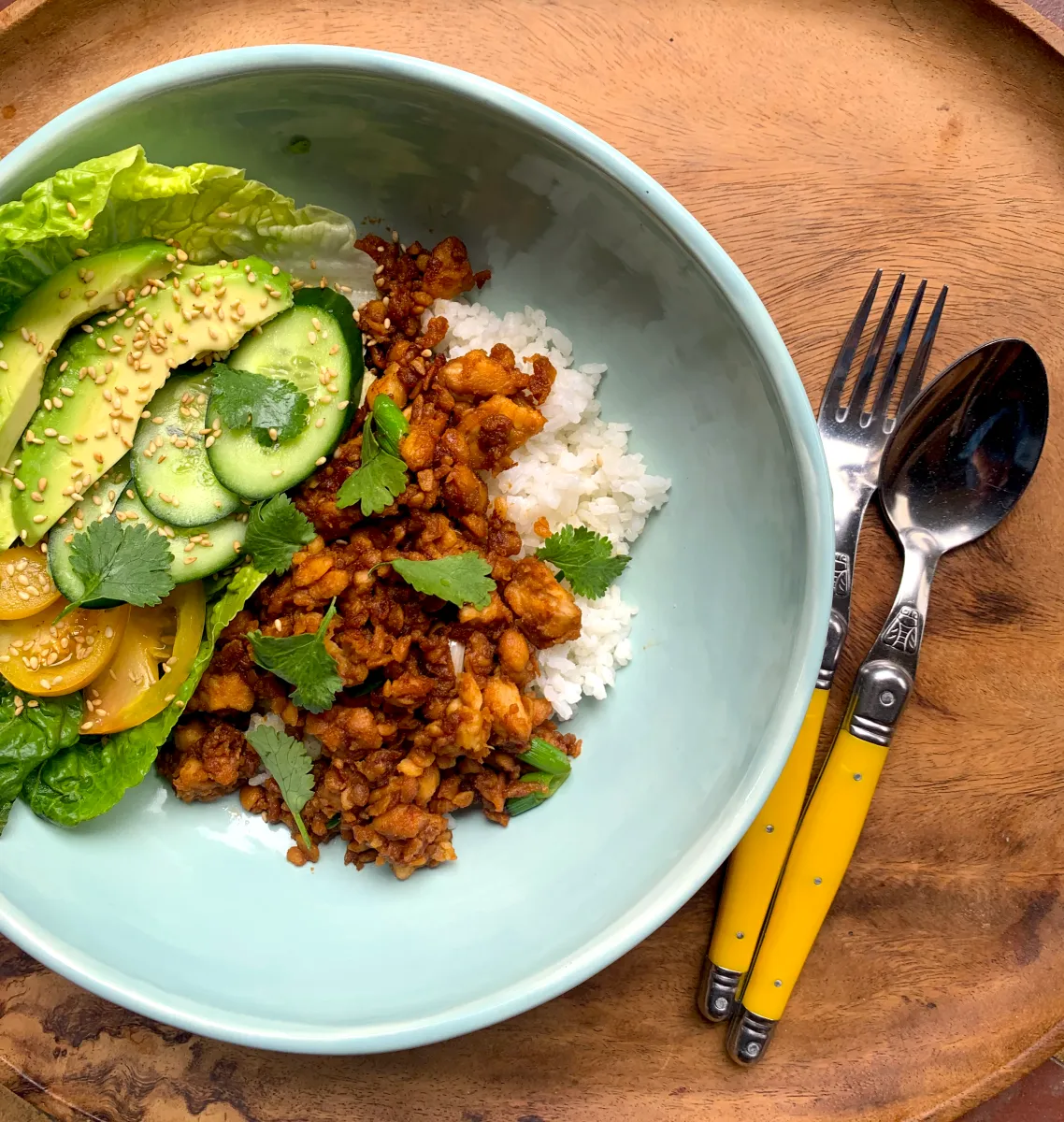
- Miso: A Japanese seasoning made from fermented soybeans (and often grains). It's fundamental to miso soup but can also be used in dressings, marinades, and glazes.
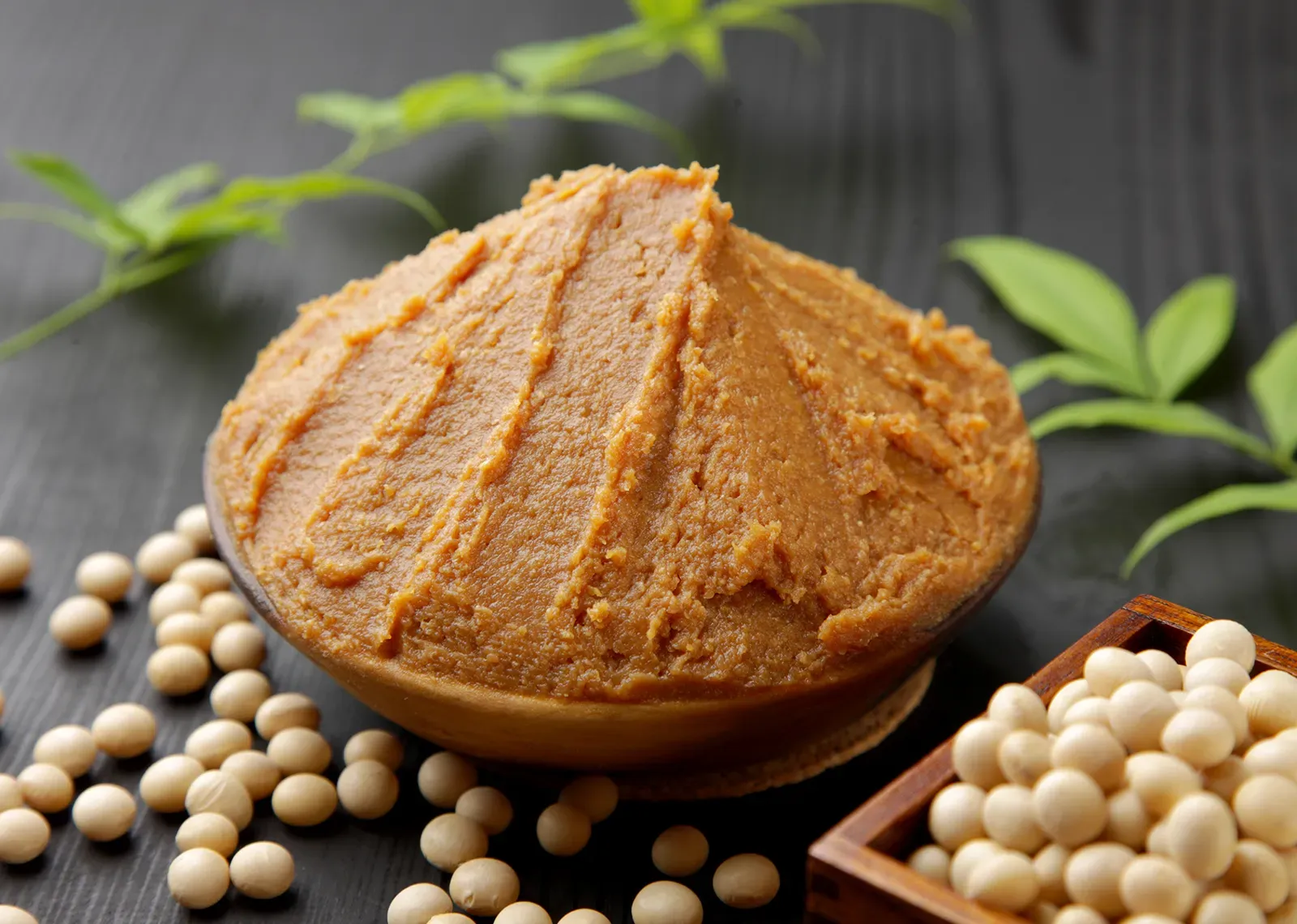
Easy Ways to Incorporate Them into Your Diet
Adding fermented foods to your daily routine doesn't have to be complicated. Start small and experiment!
- Breakfast Boost: Add a dollop of plain kefir or yogurt to your morning smoothie or overnight oats.
- Lunchtime Lift: Top your salads, sandwiches, or wraps with a spoonful of sauerkraut or kimchi for an instant flavor and probiotic kick.
- Dinner Delights: Serve kimchi or sauerkraut alongside grilled meats or roasted vegetables. Use miso paste to flavor soups, stews, or even a savory marinade for fish or tofu.
- Snack Smarts: Enjoy a small bowl of plain yogurt with berries, or sip on some kombucha as a refreshing afternoon pick-me-up.
- Get Creative: Use fermented vegetables as a tangy relish or add tempeh to stir-fries and curries.

A Little Tip: When starting, begin with small portions (a tablespoon or two) and gradually increase as your body adjusts. Also, remember that heating fermented foods can kill some of the beneficial bacteria, so try to add them after cooking if you're looking for probiotic benefits.
Embrace the Fermented Journey
Incorporating fermented foods into your diet is a delicious and accessible way to support your gut health and, by extension, your entire well-being. From improving digestion and boosting immunity to potentially enhancing your mood, the benefits are vast and well worth exploring.

So, why not give them a try? Pick up some kimchi, a bottle of kefir, or a jar of sauerkraut on your next grocery run. Your gut – and your taste buds – will thank you!
